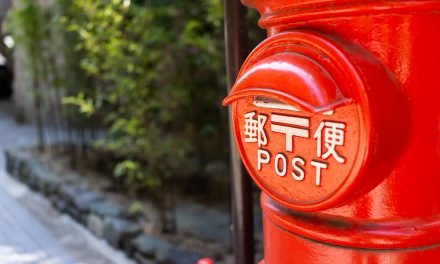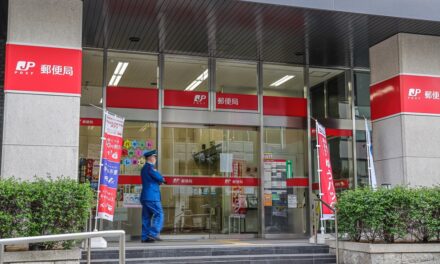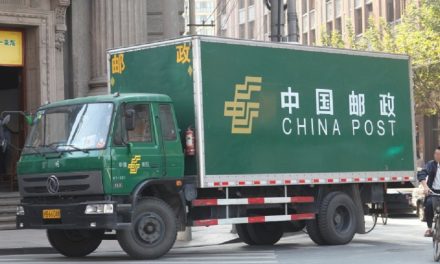
Japan PM vows to mend fences with China and reform postal service
Prime Minister Junichiro Koizumi promised Friday to mend fences with China while renewing his controversial pledge to privatize Japan’s mammoth post office.
Political rows with China should not hurt close bilateral trade, Koizumi said as he kicked off a 150-day parliamentary session with a major policy speech.
“Even if we (Japan and China) have different opinions, I will enhance cooperation in wide-ranging fields from a broader viewpoint,” he said without voicing any specific proposals.
Beijing has been angered by his repeated pilgrimages to Tokyo’s Yasukuni shrine which honours Japanese war dead, including wartime leaders during Japan’s occupation of China.
Ties between to the two Asian powers sank to a new low when a Chinese submarine intruded into Japanese waters in November and Tokyo revised its defense guidelines to list Beijing as a potential threat.
Japanese Foreign Minister Nobutaka Machimura told parliament that, “China represents a great and valuable opportunity for Japan in the future.”
Meanwhile, Koizumi promised to guide the world’s second-largest economy on to a steady economic recovery track, repeating the phrase “no reforms, no growth” several times during his speech.
He vowed to split Japan’s vast postal service into four private entities despite the risk of dividing his ruling party which is concerned the move could offend Japan Post’s 270,000 workers and their families.
“The remaining big reform… is postal privatization,” Koizumi told parliament.
The government would begin enacting bills in April 2007 to divide the postal giant regardless of the million votes its workers were reputed to be capable of mobilizing, he said.
The law change would allow for private carriers and financial institutions to compete in the huge markets presently dominated by Japan Post.
The post office manages some 355 trillion yen (3.5 trillion dollars) in savings and insurance funds, making it the world’s largest financial institution in terms of assets.
Koizumi, who came to power in April 2001, did not refer to the swearing in for a second term as US president of his close ally George W. Bush, simply stating that Tokyo would enhance its ties with Washington with close dialogue.
On North Korea, he said Japan sought to normalize ties by resolving the issues of Pyongyang’s nuclear ambitions and the kidnapping of Japanese nationals by North Korean agents in the Cold-War era.
Koizumi also reaffirmed Japan’s policy on the southern Kuril Islands, a tiny windswept chain of isles off northern Japan, occupied by Soviet troops in the closing days of World War II.
There was a “basic policy of signing a (bilateral) peace treaty after clarifying who owns the four Northern Territories,” he said.












